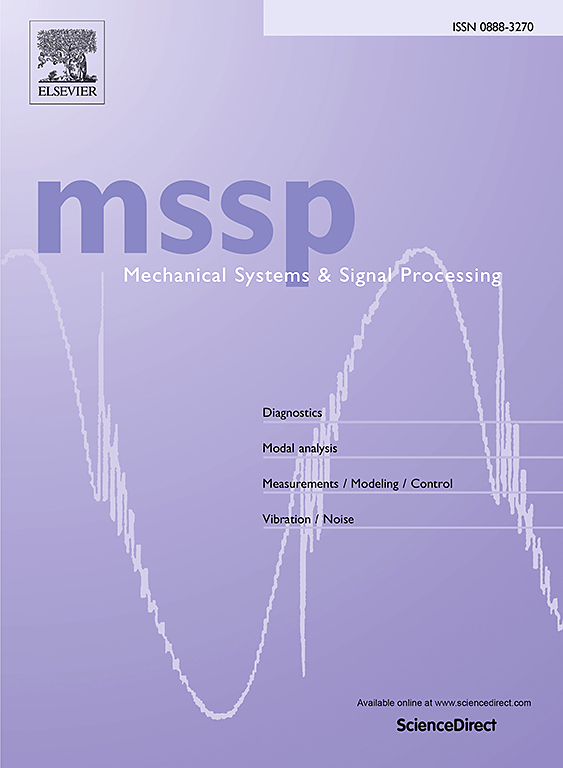A new fully decoupled strategy for reliability optimization based on adaptive Kriging with improved efficient global optimization and weighted K-means clustering
IF 7.9
1区 工程技术
Q1 ENGINEERING, MECHANICAL
引用次数: 0
Abstract
Reliability-based design optimization (RBDO) is regarded as a more systematic approach to structural design that seamlessly combines reliability and design for optimization. However, the computational cost will be often substantial due to necessarily demanding reliability analysis during the optimization design procedure. This paper proposes a novel decoupling approach to effectively solve the RBDO problem. Based on the augmented reliability theory and Bayes’ rule, the failure probability function (FPF) is estimated through establishing a new adaptive Kriging model with an improved efficient global optimization (IEGO) and weighted K-means clustering (WKC). The WKC algorithm can effectively mitigate the clustering effect of the added sample points by partitioning original sample set into K clusters. Combined with IEGO, the sample points will be selected within each cluster that contribute the most to improving the Kriging model. This approach ensures the efficiency and accuracy of the adaptive Kriging model in estimating the FPF. The RBDO problem in which the probabilistic constraints are substituted using the estimated FPF can be fully decoupled into a deterministic optimization problem, and demonstrated as an enabling efficient solution. Thus, it is worth noting that the primary computational cost associated with the decoupling process arises from estimating the FPF. In this paper, the computational cost of solving the RBDO is significantly reduced by developing an adaptive Kriging model capable of estimating the FPF accurately and efficiently. One numerical example and three practical engineering applications are employed to demonstrate the accuracy and efficiency of the proposed method compared to other methods.
求助全文
约1分钟内获得全文
求助全文
来源期刊

Mechanical Systems and Signal Processing
工程技术-工程:机械
CiteScore
14.80
自引率
13.10%
发文量
1183
审稿时长
5.4 months
期刊介绍:
Journal Name: Mechanical Systems and Signal Processing (MSSP)
Interdisciplinary Focus:
Mechanical, Aerospace, and Civil Engineering
Purpose:Reporting scientific advancements of the highest quality
Arising from new techniques in sensing, instrumentation, signal processing, modelling, and control of dynamic systems
 求助内容:
求助内容: 应助结果提醒方式:
应助结果提醒方式:


